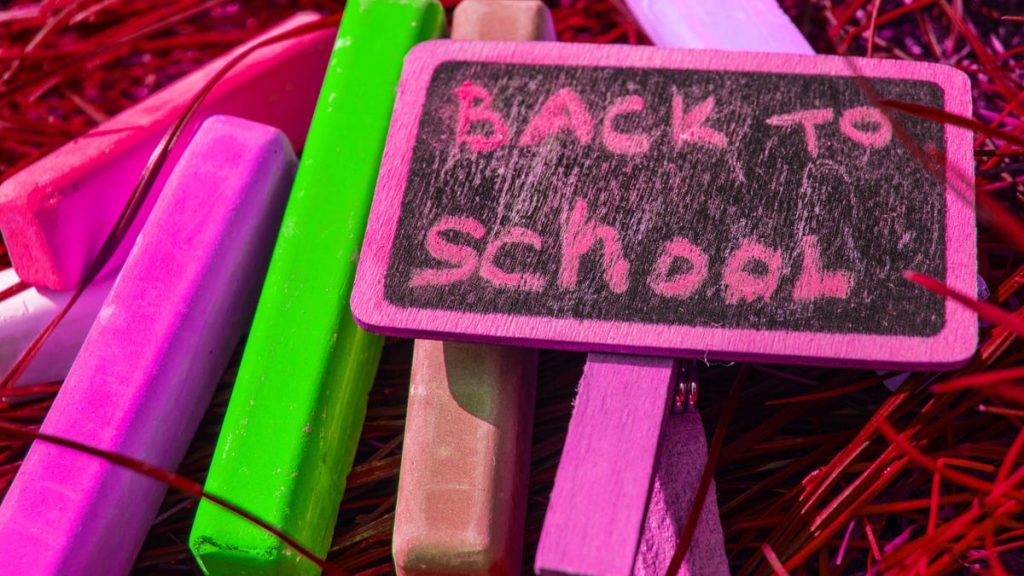Cheating in academics has evolved in the digital age, with students now using artificial intelligence tools to complete their assignments. These tools, such as ChatGPT, Grammarly, and EssayGenius, allow students to generate essays and responses quickly and for free. Professors can often identify work generated by AI tools due to ambiguous language and a tendency to repeat the assignment prompt within the text. While students may find these tools convenient, educators are also exploring ways to use AI to detect academic dishonesty.
One approach suggested for catching cheaters who use AI tools is to familiarize oneself with the capabilities of these tools. Some AI tools can scan assignments and create fully written, cited work in a matter of moments, making it important for educators to understand how they operate. Another method is to preemptively use AI to generate examples of work based on the assignments given to students. This can help teachers better recognize when a student’s work may have been produced by an AI tool. Additionally, requiring students to submit a personal writing sample at the beginning of the semester can provide a baseline for comparison to suspected AI-generated work.
In cases where a student is suspected of using AI to cheat, educators can ask an AI tool to rewrite the work to see if there are any similarities in the language or style. By comparing the original work to the AI-generated rewrite, teachers may be able to identify patterns that suggest the use of AI. Maintaining a skeptical mindset when grading assignments and being able to provide evidence to school administration are crucial when dealing with suspected instances of academic dishonesty involving AI tools. Educators are encouraged to approach this new landscape with vigilance and a focus on promoting learning over cheating.
Ultimately, it is up to teachers to create an environment where the value of learning outweighs the temptation to cheat using AI technology. By staying informed about AI tools and their capabilities, educators can better detect instances of cheating and address them appropriately. As technology continues to advance, it is essential for schools and educators to adapt their approaches to maintain academic integrity and ensure that students are learning and demonstrating their knowledge in an honest and ethical manner.


